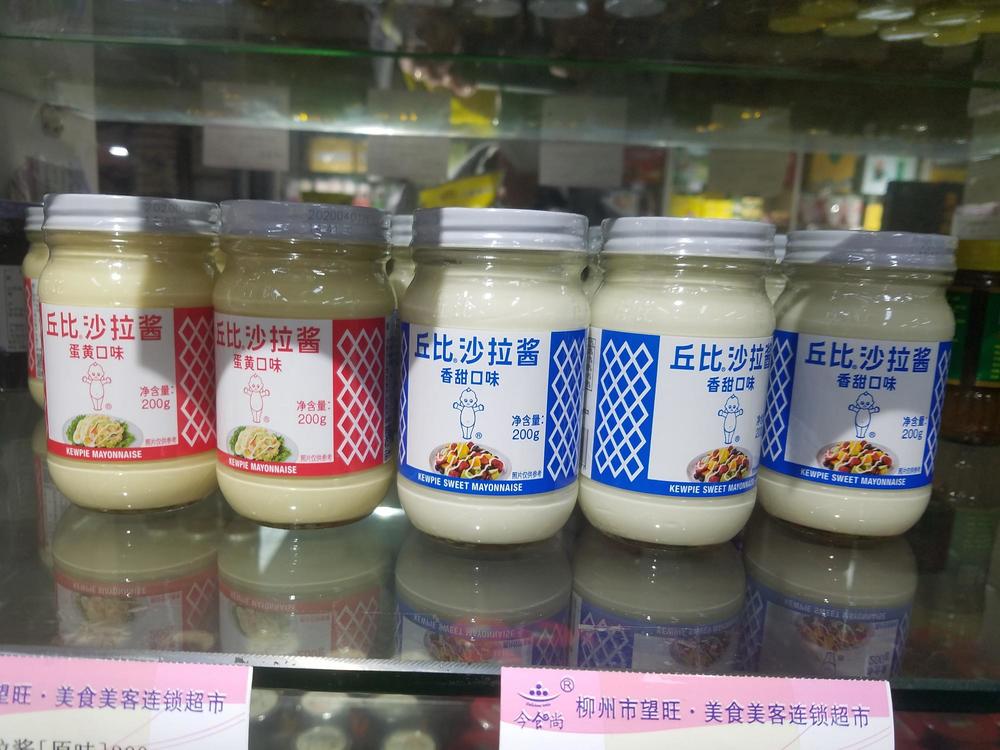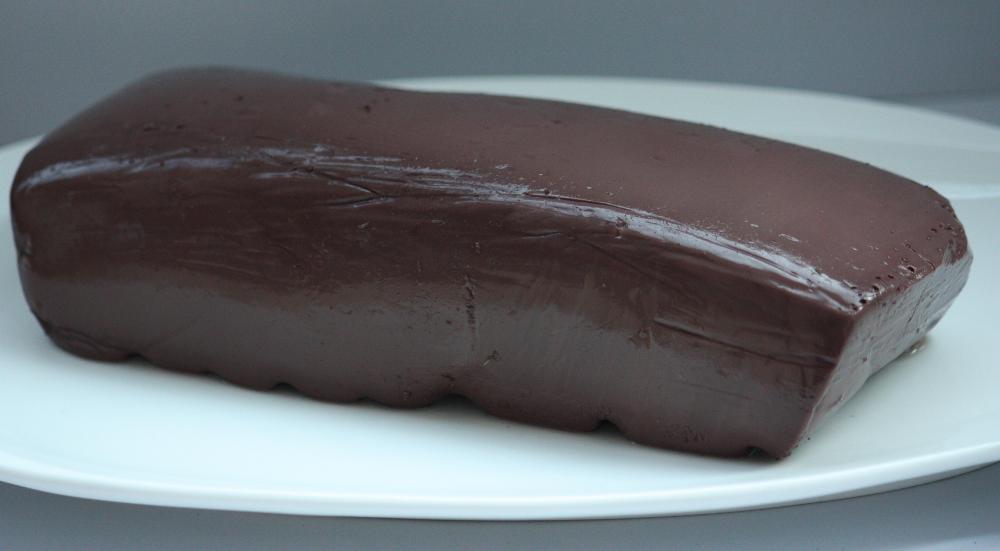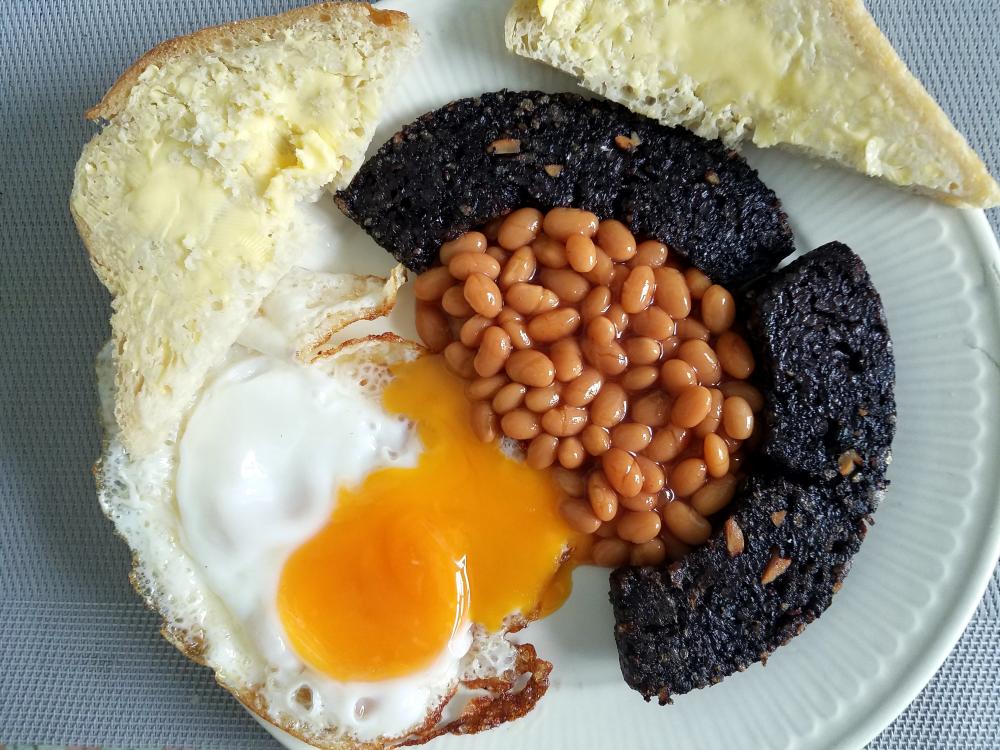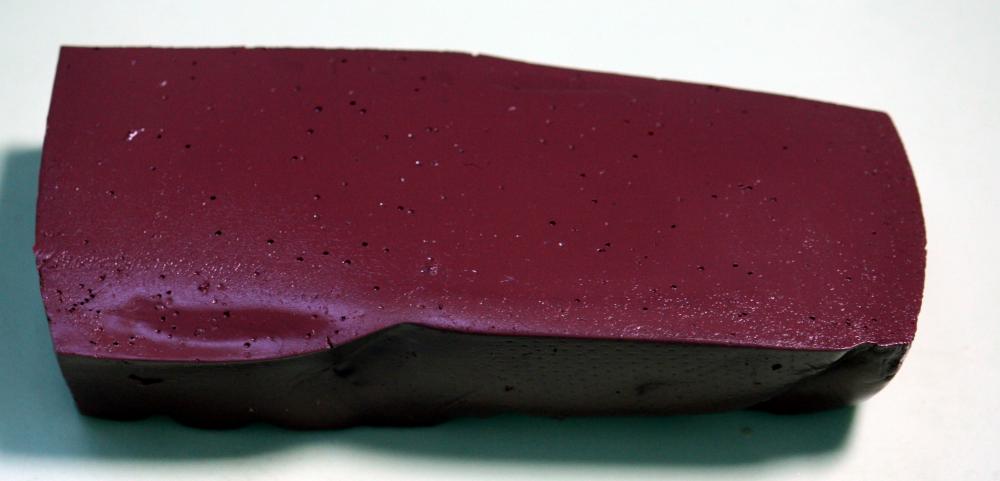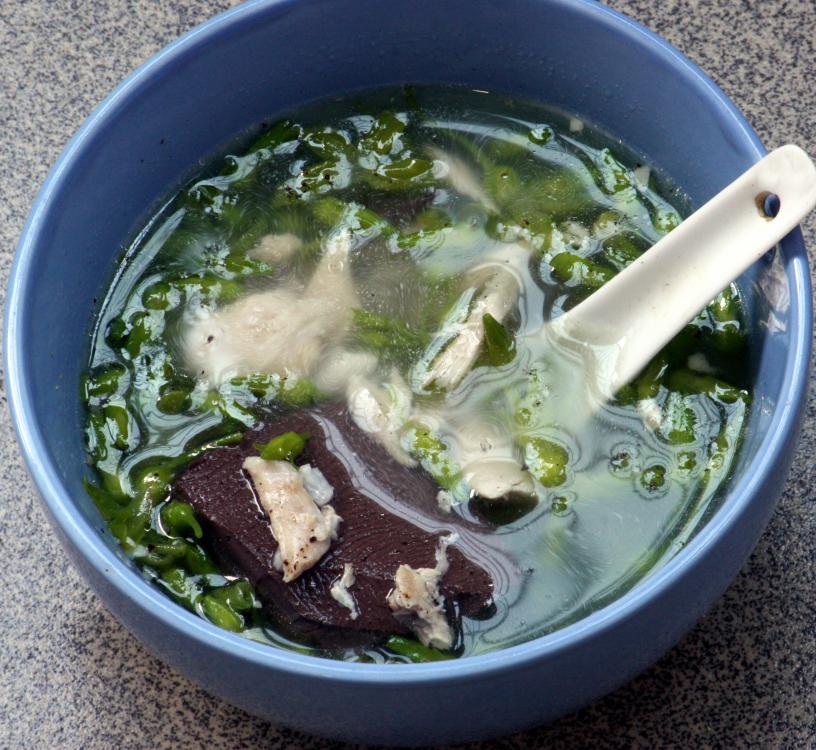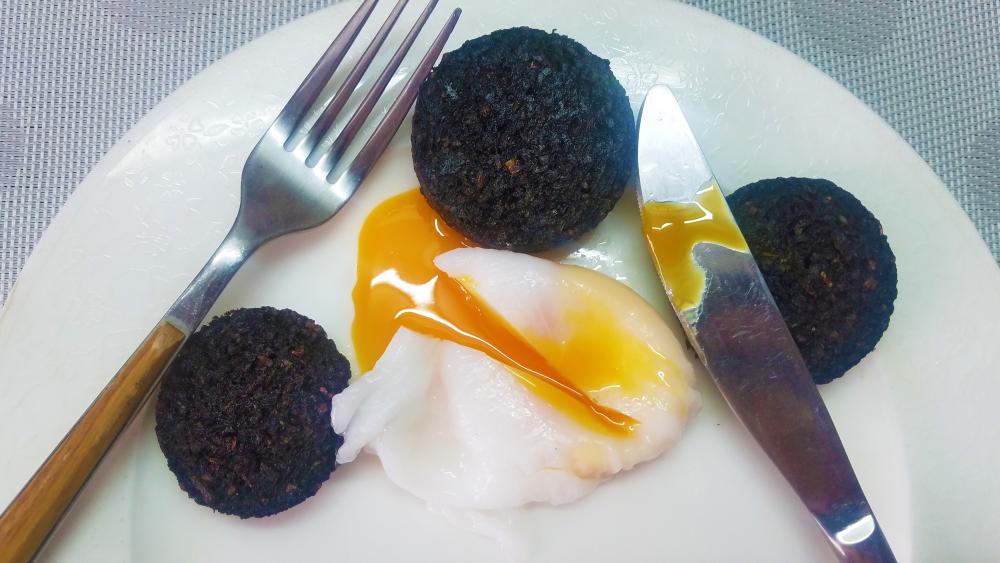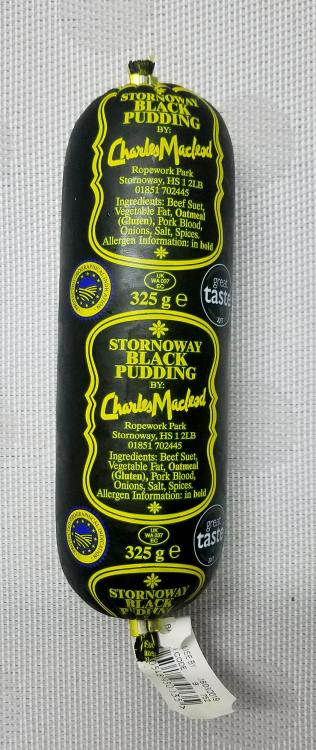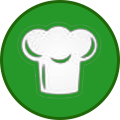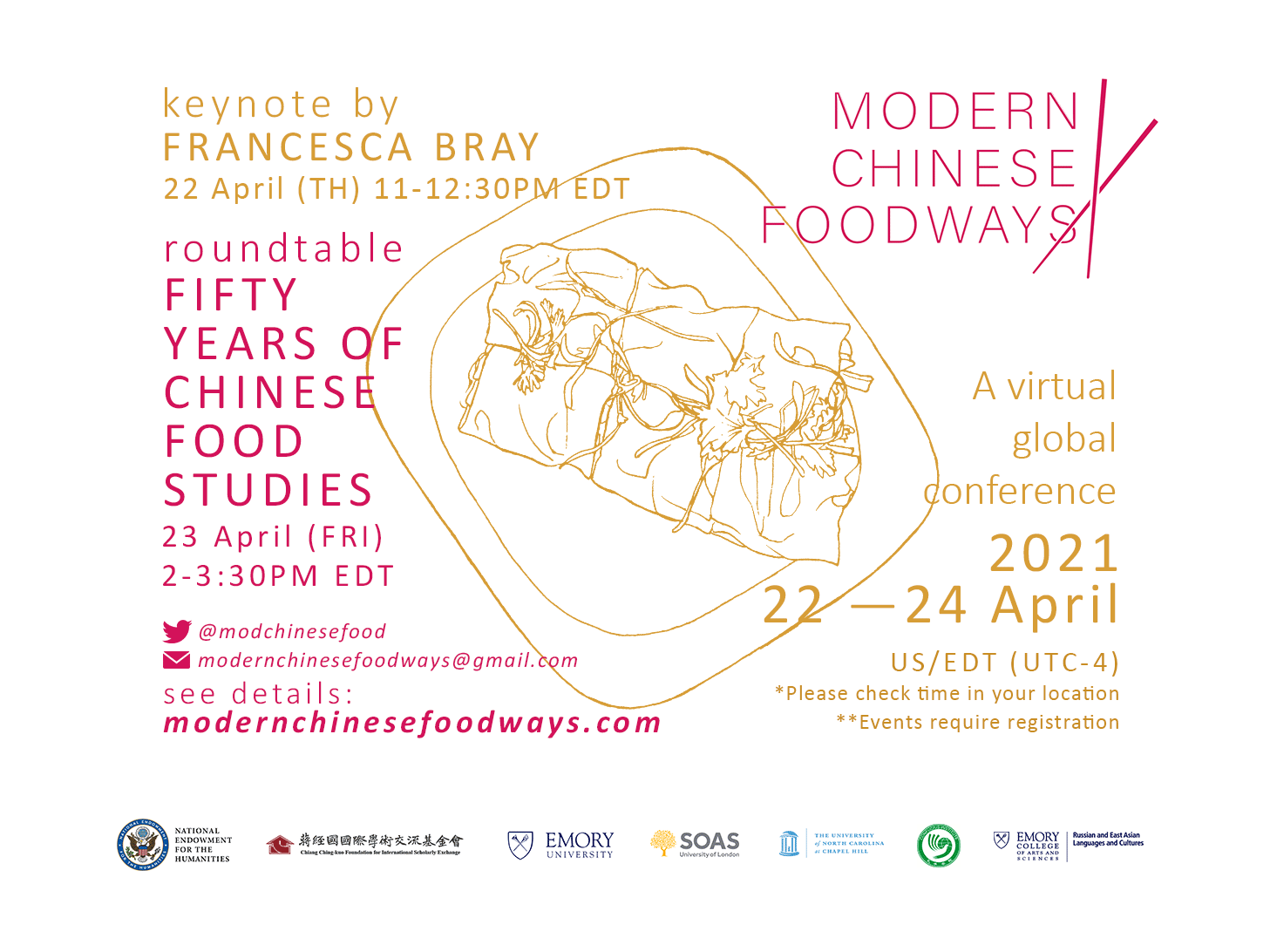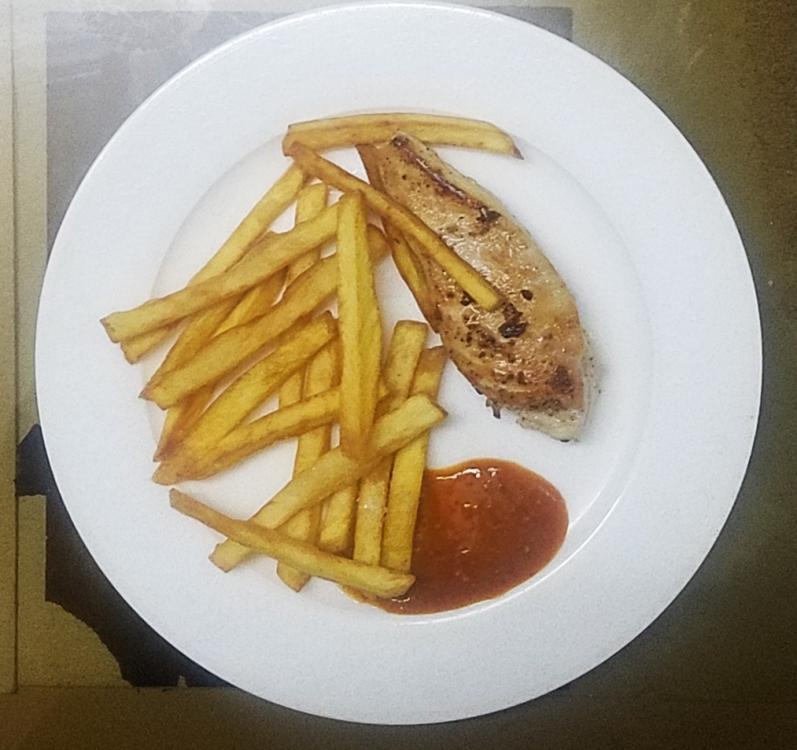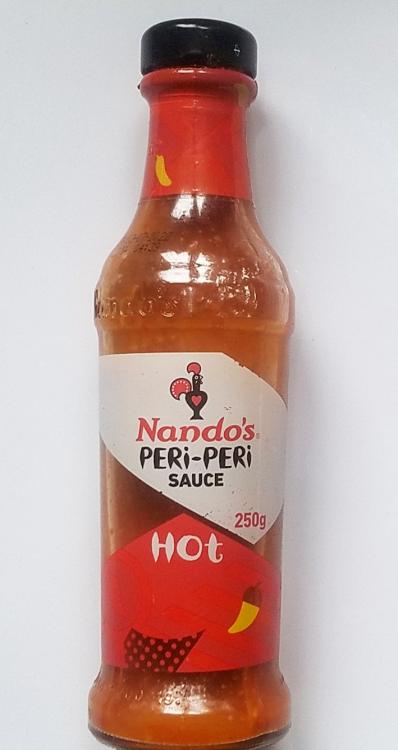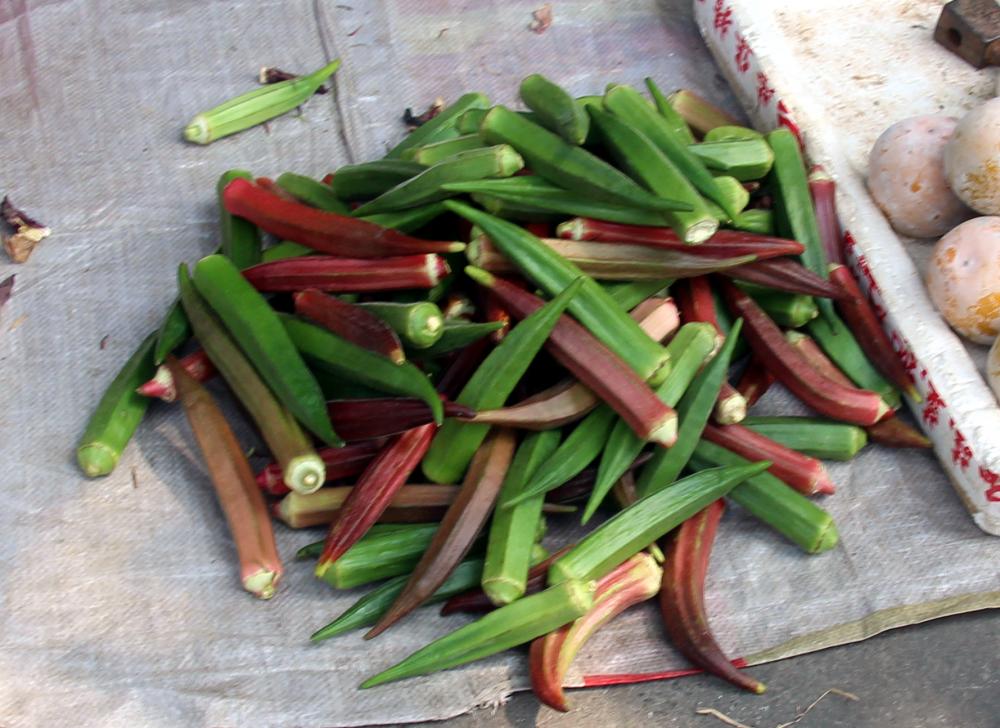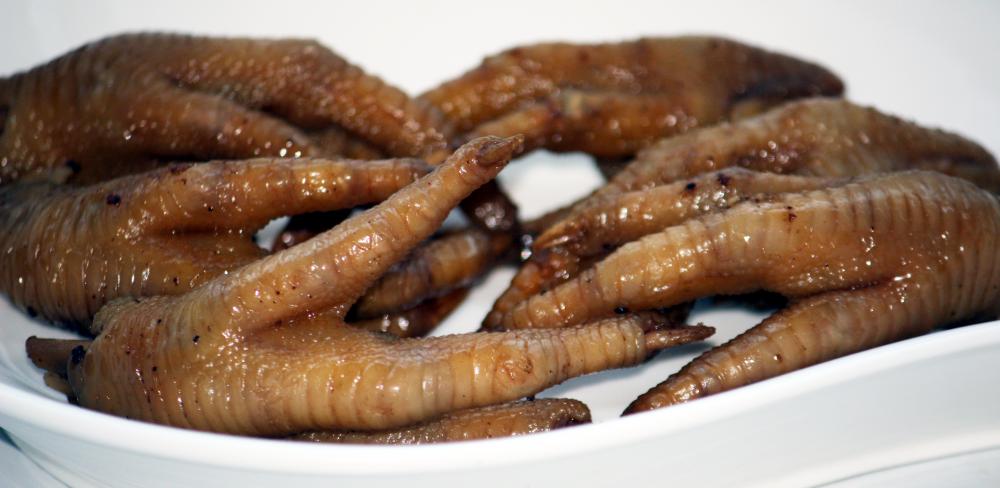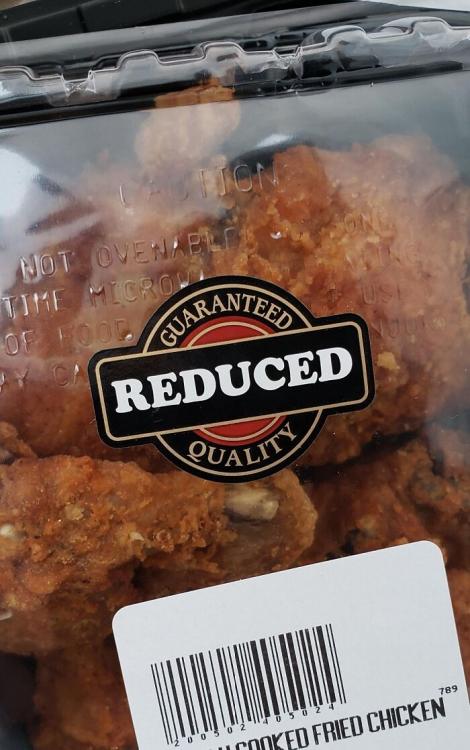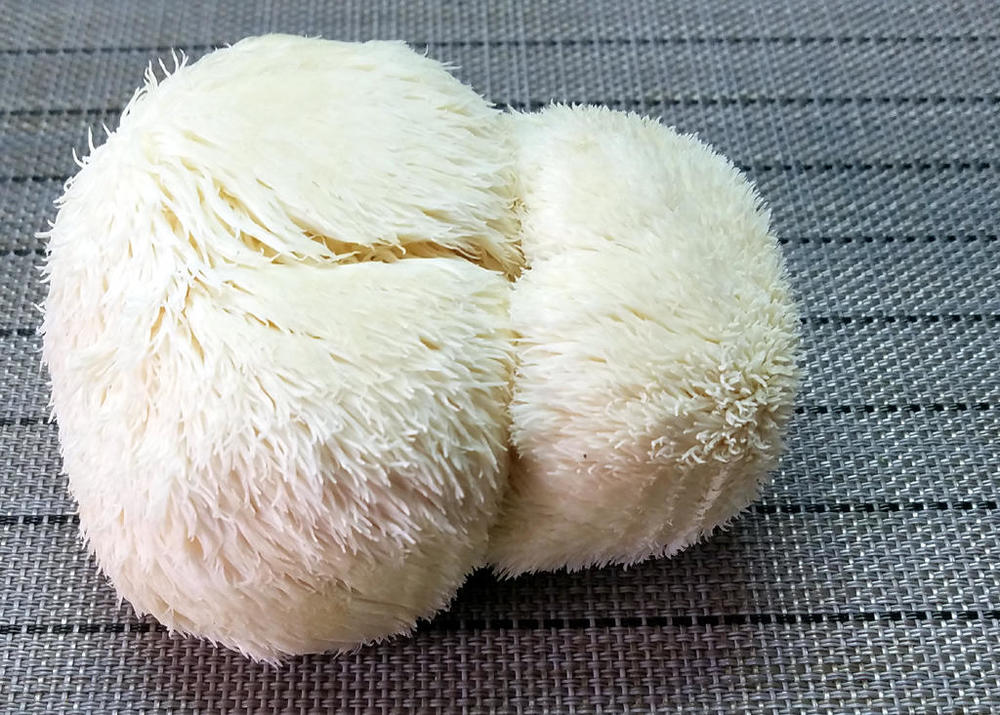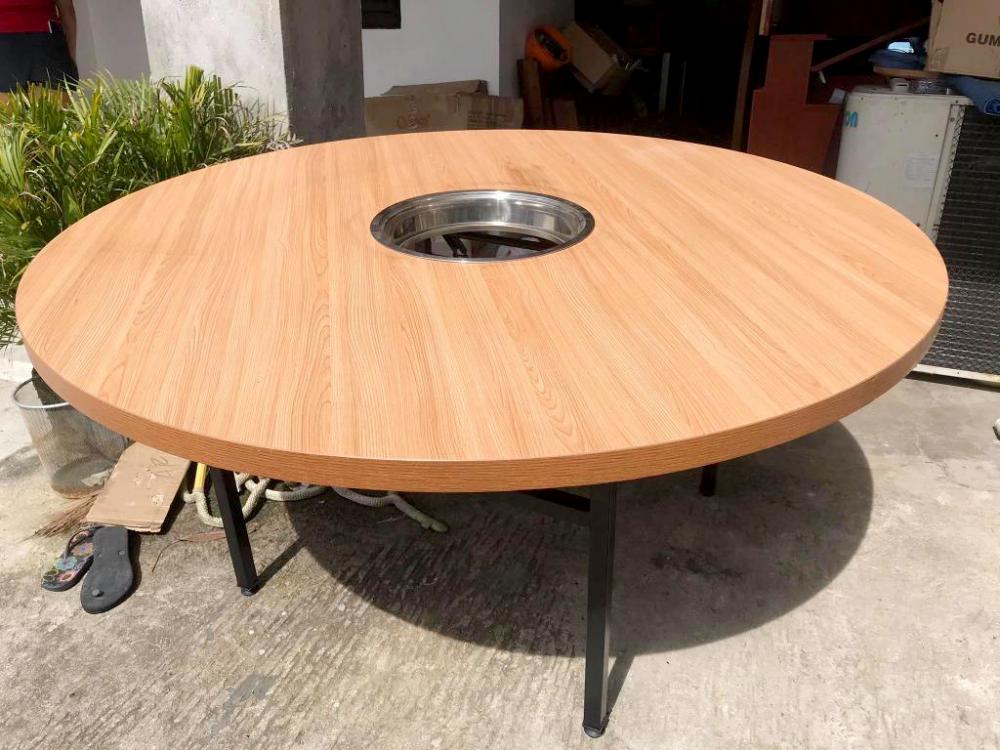-
Posts
16,854 -
Joined
-
Last visited
Content Type
Profiles
Forums
Store
Help Articles
Everything posted by liuzhou
-
The Guangxi sausage tastes almost exacctly like the Scottish one, but if you've never eaten that then that is useless information. It is just pig's blood with rice and unidentified spices. I detect the porkiness with white pepper, fennel seed and cumin, but there are others. It is fairly lightly spiced but nicely so. The Hunan sausages are seriously under seasoned. Little salt if any and almost no detectable spicing, but I can correct that to some extent in my preparations.
-
There are two versions of Kewpie. The one with the blue label is sweet. The red label isn't. That said, I don't like either.
-
I'm in my element in China where blood is rightly considered to be delicious and nutritional and far too valuable to waste. Also having been brought up in both Scottish and French cultures, I was exposed to blood from an early age and still eat it regularly. Congealed pig blood for hotpot or soup Duck Blood - Ditto Pig's Blood in soup with chicken and Tonkin Jasmine Hunan Blood Sausage Breakfast - Guangxi blood sausage, beans and fried egg. Scottish Black Pudding Black pudding and poached egg.
-
Not very sexist! Of course, only women cook! That article is very badly wrtten.
-
-
- 3
-

-

-
-
Yes, but it's not cooked yet.
-
-
-

How do I apply crystal sprinkles evenly on sugar cookies?
liuzhou replied to a topic in Pastry & Baking
I see. 砂糖 literally translates as 'sand sugar' meaning 'granulated sugar', hence my confusion. -
The myth and its association to China predate any movie. The middle eastern restaurant scene was based on the China myth, not the other way round. There is no documented first-hand evidence. And China has documented everything for centuries.
-
Yes, But I'm getting worried. It was eight years ago!
-
Online shopping substitution of the century
-
A lot of things are "except in the United States"!
-

How do I apply crystal sprinkles evenly on sugar cookies?
liuzhou replied to a topic in Pastry & Baking
I presume you mean 砂糖. That is granulated sugar. -
Cotoletta (meaning cutlet) alla milanese in Italy is also bone-in. Cutlet does not necessarily mean off-the-bone.
-
Ah, but frisée has yet another meaning in French, confusing the issue even more.
-
-
18. Monkeying Around Or so the story goes, with various embelishments. I have several times read that the live monkey sits under the circular table and sticks its head through a hole in the centre to allow the diners access to the cranial delights on offer. The main problem with the story is that it is utter BS. No one has ever satisfactorily photographed or filmed this practice - YouTube videos are obvious fakes. Any accounts are always third or (3,000th) person anecdotes. Wikipedia unconvincingly suggests that the legend may have risen due to a mushroom known as 猴头菇 (hóu tóu gū - Hericium erinaceus), which means 'monkey head mushroom'. The mushroom is white when fresh but turns brown when dried - the most common way they are sold. Allegedly it looks like a monkey's brain. No! It vaguely looks like a monkey's intact, furry head - hence the name. Fresh Monkey Head Mushroom Dried Monkey Head Mushroom My main problem with that theory is that you would have to be brainless to confuse a mushroom with a brain! My own theory is that when some westerners came to China they saw tables like this in many restaurants... ... and some wag came up with the story to explain why the table has a hole in the centre. Of course, the hole is to hold a burner for hot pots. These are disappearing rapidly as built-in induction stoves are taking their place. The story spread as some sort of sick joke or, more often, racist anti-Chinese propoganda. Note: Eating monkey is illegal in China and attracts a minimum 10 year sentence behind bars for both the restaurant owners and customers.
-
I suppose it depends how much is used, but what do I know?
-
Ōwakudan Valley in Hakone. Yes. I've been there and sampled one of the black eggs. Interesting and different. I believe it's now closed due to volcanic activity. The eggs are called Kuro-tamago and are boiled unlike century eggs, which are just cured.
-
http://www.foodreference.com/html/fchicoryandendive.html Wikipedia
-
What makes you think that is a myth? Fields are most certainly irrigated and fertilised with 'night soil'. Chinese people wash vegetables thoroughly and still eat almost nothing raw for this very reason. It's not that long since night soil was used in the USA and UK, too!
-
Could be, but it still seems an odd thing to list. Montmorillonite clay is a common anti-diarrhoea treatment here. Useful after eating non-existent sparrows!



